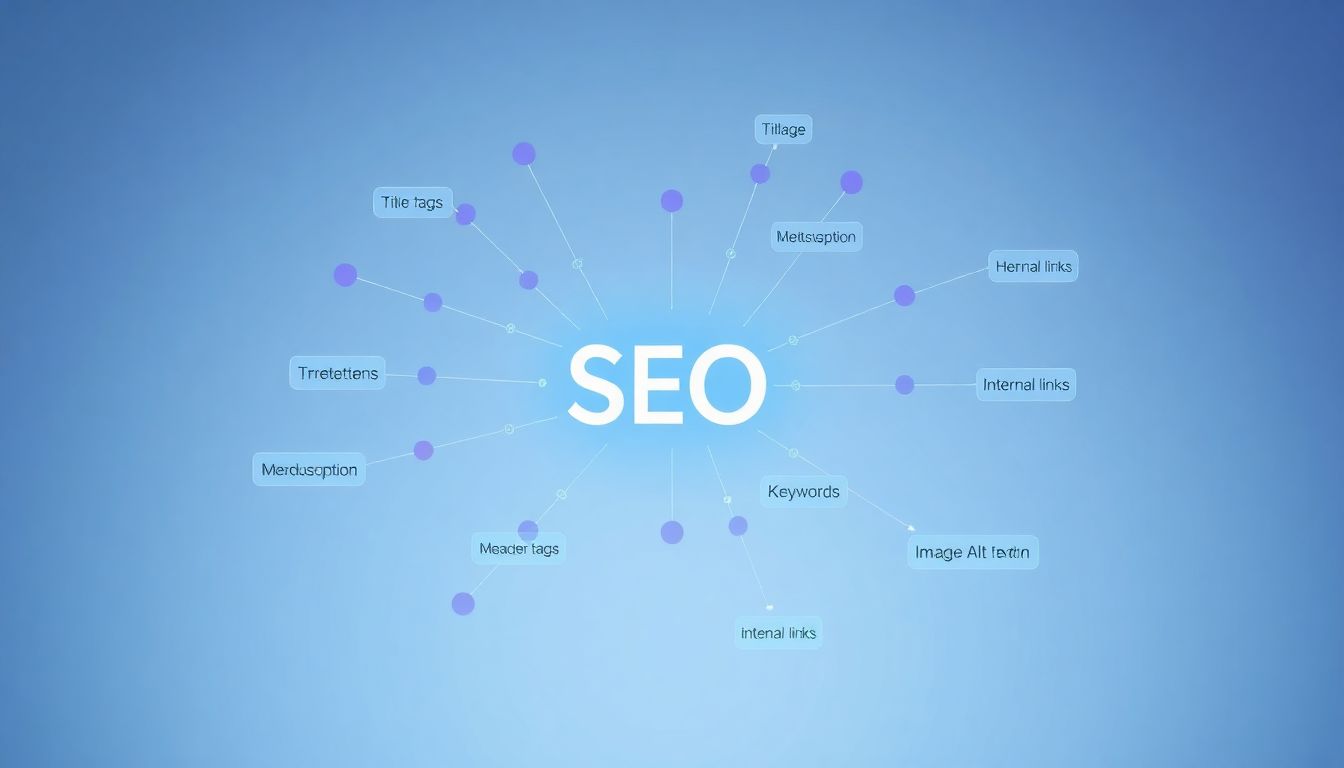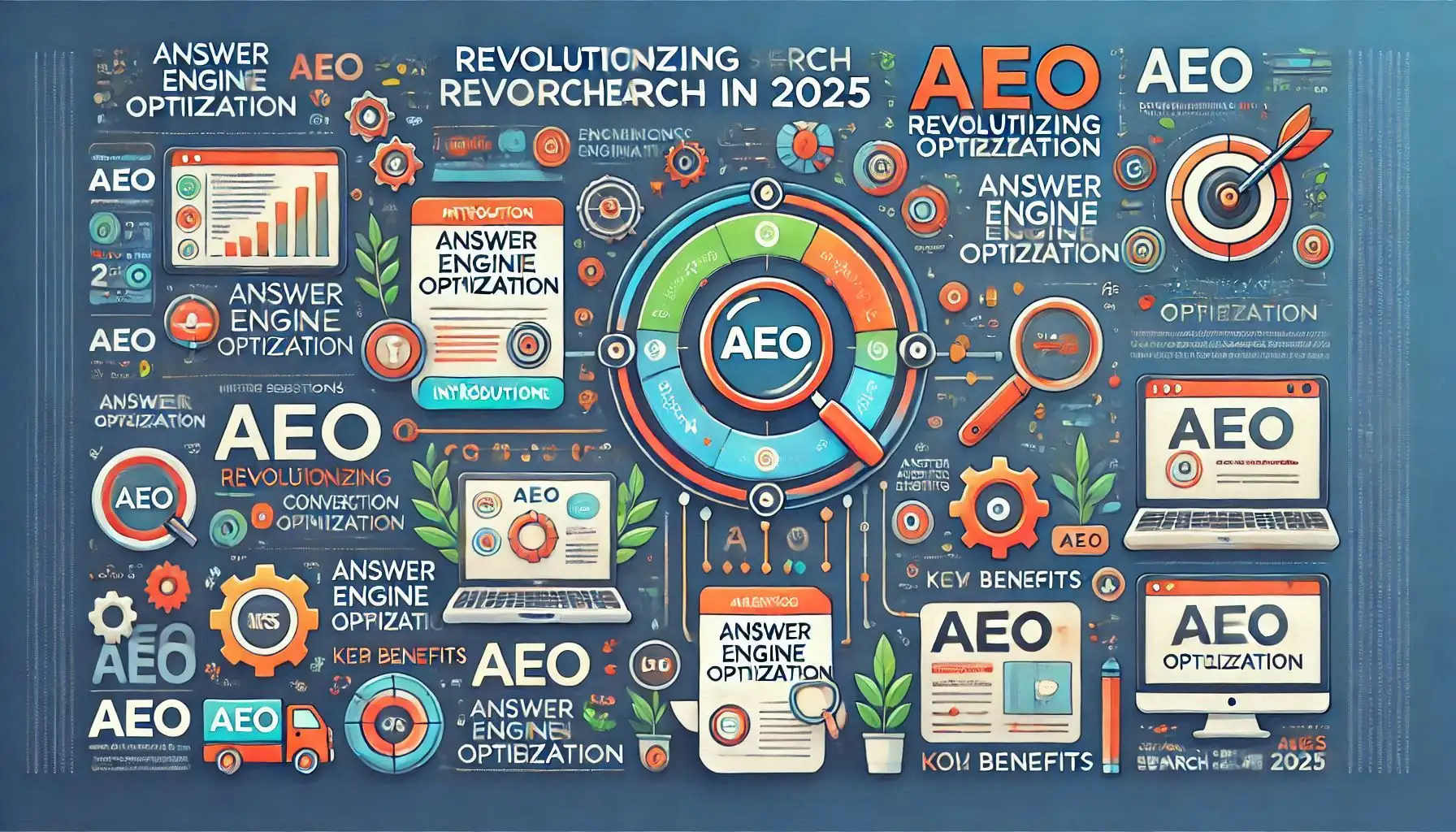Did you know that 93% of online experiences begin with a search engine? This shows just how crucial SEO and keyword targeting are for driving organic traffic to your website. Keyword targeting focuses on identifying and using specific words or phrases that users type into search engines. On-page SEO, on the other hand, optimizes individual web pages to rank higher and earn more relevant traffic. These two concepts work hand in hand to enhance your online presence.
This guide will visually demonstrate essential strategies for mastering keyword targeting and on-page SEO in 2025, improving your search rankings and increasing organic traffic.
Keyword Research: Unveiling Your Target Audience’s Search Intent
Understanding Search Intent: Beyond Keywords
Search intent reveals the reason behind a user’s query. There are three main types:
- Informational: Users seek knowledge (e.g., “What is SEO?”).
- Transactional: Users want to make a purchase (e.g., “Buy SEO tools”).
- Navigational: Users look for a specific website (e.g., “Facebook login”).
To identify these intents, analyze search queries and review the content that ranks on the first page.
| Search Query | Intent |
|---|---|
| “Best keyword tools” | Informational |
| “Buy shoes online” | Transactional |
| “Google homepage” | Navigational |
Keyword Research Tools and Techniques
Effective keyword research requires the right tools. Popular choices include:
- SEMrush: Great for comprehensive keyword analysis.
- Ahrefs: Excellent for competitor insights.
- Google Keyword Planner: Ideal for finding new keyword ideas.
Using these tools effectively can provide valuable data on search volume, competition, and trends.
| Tool | Key Features |
|---|---|
| SEMrush | Keyword tracking, site audit |
| Ahrefs | Backlink analysis, keyword explorer |
| Google Keyword Planner | Search volume, trends |
Long-Tail Keywords: The Untapped Potential
Long-tail keywords are specific phrases that target niche audiences. They often have lower competition and higher conversion rates.
Examples of Long-Tail Keywords:
- “Best budget SEO tools for small businesses”
- “How to optimize images for SEO in 2025”
To find and use long-tail keywords, consider user questions or phrases related to your topic. Tools like AnswerThePublic can help uncover these gems.
On-Page Optimization: Crafting SEO-Friendly Content
Title Tags and Meta Descriptions: Your First Impression
Title tags and meta descriptions are crucial for attracting clicks. They should be attention-grabbing and contain relevant keywords.
Examples:
- Title: “Top 10 SEO Tools for Beginners | Improve Your Online Presence”
- Meta Description: “Discover the best SEO tools for beginners to enhance your website’s visibility and drive traffic.”
Header Tags (H1-H6): Structuring Your Content for Search Engines and Users
Header tags help organize content for better readability and SEO.
Usage Example:
- H1: Best SEO Practices for 2025
- H2: Understanding Keyword Research
Using headers logically also improves user experience and helps search engines index your content efficiently.
Content Optimization: Quality over Quantity
Creating quality content is essential. Focus on clarity, relevance, and engagement.
Tips:
- Keep paragraphs short (2-4 sentences).
- Use bullet points to break down information.
- Incorporate relevant keywords naturally.
High-quality content that meets user needs tends to rank better in search results.
Image Optimization: Enhancing Visual SEO
Alt Text: Making Images Searchable
Alt text makes images accessible and helps search engines understand their content.
Example of Effective Alt Text:
- “SEO tools comparison chart for 2025”
Compressing Images: Improving Website Speed
Large images can slow down your site. Use compression tools to reduce file size without losing quality.
Techniques:
- Use formats like JPEG or PNG.
- Employ tools like TinyPNG for compression.
Image Sitemaps: Helping Search Engines Find Your Images
Creating an image sitemap helps search engines discover and index your images.
Steps to Create an Image Sitemap:
- List all images on your site.
- Use XML format to structure the sitemap.
- Submit the sitemap to search engines.
URL Structure and Internal Linking: Navigating Your Website
SEO-Friendly URLs: Clear and Concise
URLs should be short, descriptive, and include keywords.
Effective Examples:
- Good:
www.example.com/effective-seo-tools - Bad:
www.example.com/?p=123
Internal Linking: Connecting the Dots
Internal links improve site navigation and enhance SEO.
Strategy Examples:
- Link related articles to each other.
- Create a logical flow within your content.
Canonicalization: Avoiding Duplicate Content Issues
Canonical tags prevent duplicate content issues by indicating the preferred version of a webpage.
Implementation Example:
<link rel="canonical" href="https://www.example.com/seo-guide" />
Technical SEO: Ensuring Search Engine Crawlability
Website Speed Optimization: The Importance of Fast Loading Times
Fast-loading websites rank better and improve user experience.
Tips to Improve Speed:
- Minimize HTTP requests.
- Enable browser caching.
- Optimize images.
Mobile-Friendliness: Adapting to Mobile Search
With mobile searches on the rise, having a mobile-friendly site is crucial.
Tips for Mobile Optimization:
- Use responsive design.
- Ensure easy navigation.
Schema Markup: Enhancing Search Engine Understanding
Schema markup helps search engines comprehend your content better, improving visibility in search results.
Types of Schema Markup:
- Article schema
- Product schema
- Review schema
Implementation Example:
<script type="application/ld+json">
{
"@context": "https://schema.org",
"@type": "Article",
"headline": "SEO Best Practices for 2025"
}
</script>
Conclusion:
Mastering keyword targeting and on-page SEO is essential for online success. Focus on understanding search intent, optimizing content, and enhancing technical elements. Implement the strategies discussed here to boost your rankings and drive organic traffic to your site. Start now and see the difference effective SEO can make for your online presence.



